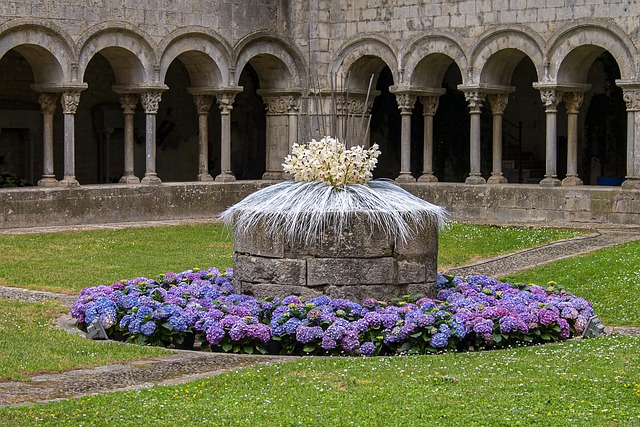Real estate is a key driver of innovation, with tech hubs emerging from strategic space design. Modern offices and co-working spaces are transformed with open layouts and natural light to foster creativity and collaboration. Developers create specialized hubs for startups, providing physical infrastructure and vibrant culture. This trend fuels innovation and economic growth by cultivating environments where ideas flourish, attracting diverse companies and support services, and boosting local economies.
In today’s digital age, tech hubs are fostering innovation and entrepreneurship like never before. This dynamic landscape is not just shaped by cutting-edge technology; real estate plays a crucial role in fueling this growth. From co-working spaces to purpose-built incubators, property developments are increasingly designed to nurture entrepreneurial spirits. We explore how real estate strategies are dynamically transforming urban landscapes, creating environments that cultivate thriving tech communities and accelerate global innovation.
Real Estate's Role in Fueling Innovation

The role of real estate in fostering innovation is often overlooked, yet it plays a pivotal part in cultivating an environment conducive to entrepreneurial spirit. Tech hubs emerge from the strategic deployment and design of spaces that encourage collaboration, creativity, and access to resources. Modern offices, co-working spaces, and incubators are being reimagined with open layouts, ample natural light, and shared amenities, fostering a dynamic ecosystem where ideas thrive.
Real estate developers and investors are increasingly recognizing the potential of creating specialized hubs that cater to startups and tech companies. These spaces not only provide physical infrastructure but also contribute to a vibrant culture by facilitating networking, hosting events, and offering support services, ultimately fueling innovation and driving economic growth.
Nurturing Entrepreneurship: Spaces and Strategies

Entrepreneurship thrives in environments that foster innovation and collaboration. Nurturing this spirit starts with strategic real estate choices. Tech hubs are designed to inspire creativity, offering flexible workspaces, co-working areas, and vibrant communities where ideas can flourish. These spaces not only provide physical infrastructure but also create a network of like-minded individuals, investors, and mentors, all crucial elements for entrepreneurial success.
The real estate landscape plays a pivotal role in shaping an ecosystem that attracts startups and fosters their growth. Cities that invest in creating dedicated tech hubs or innovation districts are positioning themselves as prime destinations for entrepreneurs. These strategic locations offer not just physical spaces but also opportunities for networking, mentorship, and access to funding, ultimately driving the entrepreneurial spirit forward.
Tech Hubs: Shaping Urban Landscapes Dynamically

Tech hubs have emerged as vibrant, bustling centers that are reshaping urban landscapes and real estate dynamics. These innovative spaces are more than just office buildings; they’re tapestries of entrepreneurship, creativity, and collaboration. They attract a diverse array of startups, established tech giants, and support services, fostering an ecosystem that promotes rapid growth and technological advancement.
The impact on real estate is profound. The demand for tech-friendly spaces has led to the development of purpose-built hubs, reconfiguring urban landscapes with modern amenities and infrastructure. These hubs not only house businesses but also become magnets for talent, investors, and venture capitalists, further enhancing the local economy and positioning cities as global tech centers.






